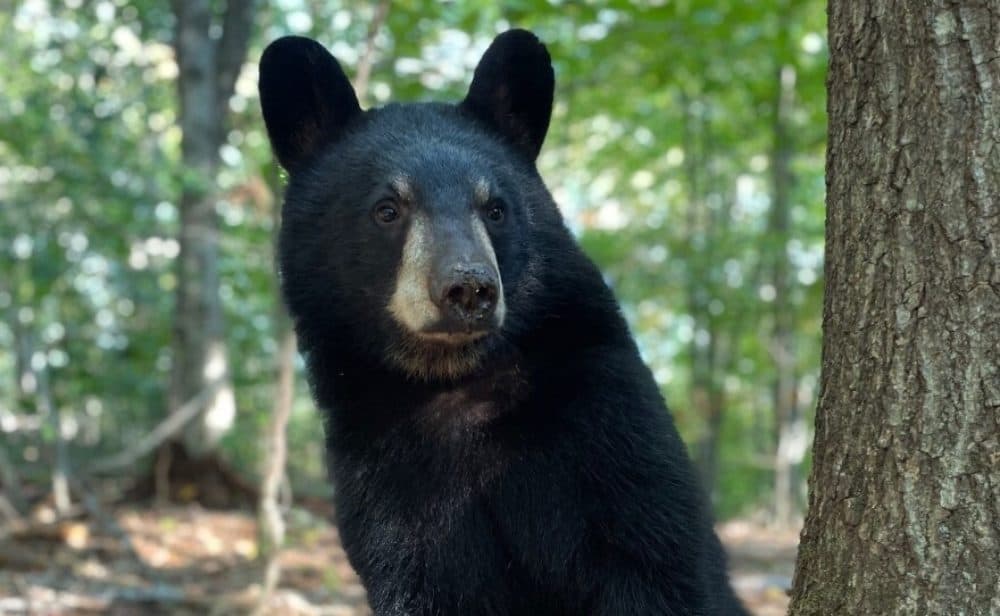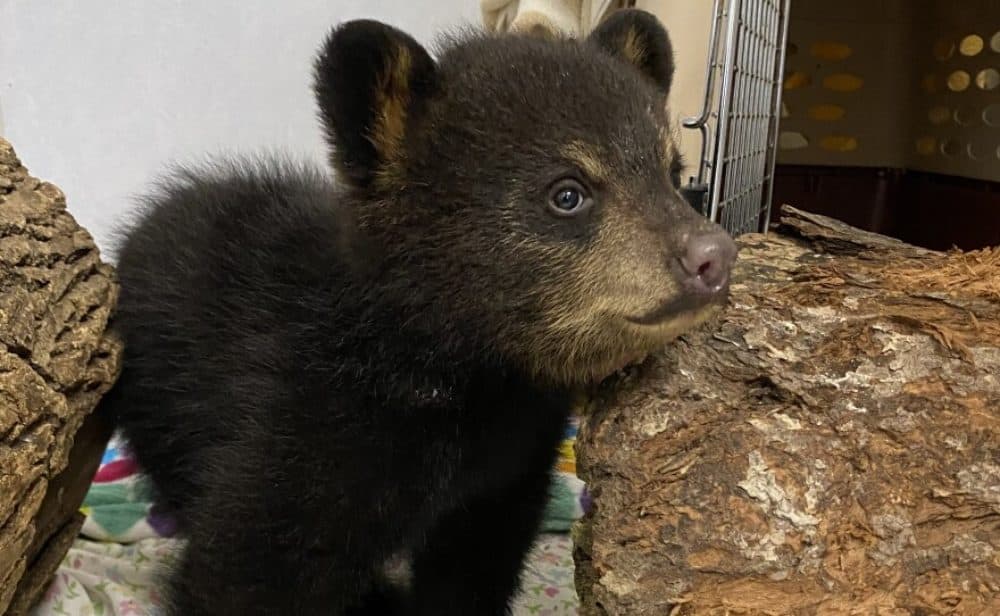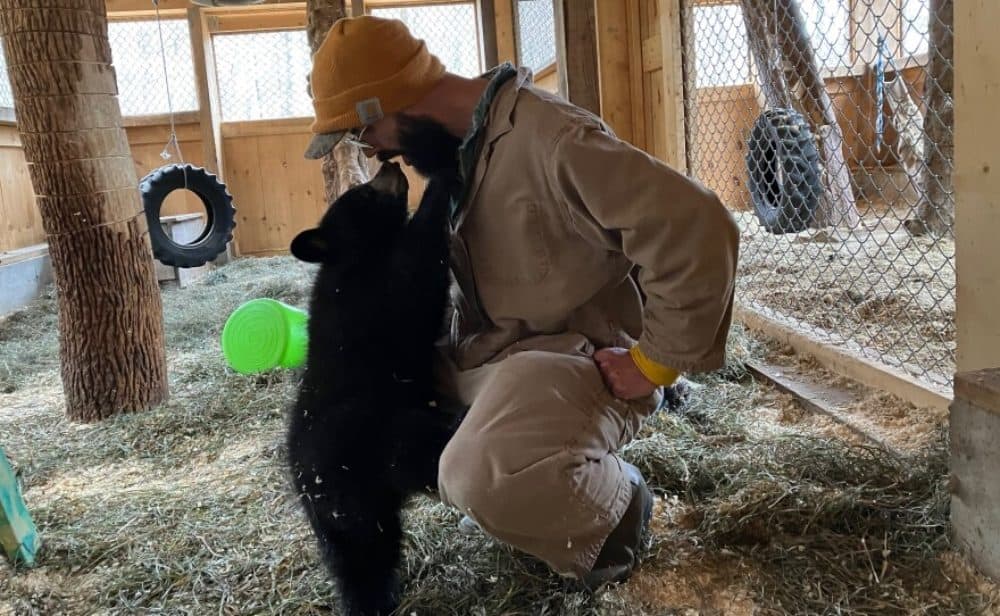Advertisement
Alma, an orphaned bear cub from Greenfield, is set to enter the wild next spring

A black bear cub, who was rescued by police in Greenfield, Massachusetts, last April has grown from about the size of a football to about 60 pounds, and over 3 feet tall.
The bear and 46 other orphaned cubs are being raised at a wildlife rehabilitation center in Lyme, New Hampshire. The center raises orphaned, abandoned and malnourished bears.
The cub, known as Alma, witnessed her mother and siblings getting killed by a car in Greenfield. When she first arrived at the Kilham Bear Center, Ethan Kilham described her as "serene" with a sad look in her eyes.

Now, Kilham said, "she's still a quiet and well-put-together bear. She's pretty good at fending for herself and taking care of her own needs."
The rescued cubs start out in a barn, exploring the woods with Kilham nearby and few other humans. He shares their progress on Instagram, including a post of Alma from late June where she springs up to claw at oak leaves.
Another post shows a cub named Riley grasping an apple with big claws, and noisily munching it. The center gets donations of acorns, apples and pears.
Kilham said Alma hangs out with the dozens of other rescued cubs, including Dutch, who arrived around the same time from Tolland, Massachusetts.
"He's quite a big male bear these days. Very pleasant personality. Likes to play. Pretty raucous," Kilham said.
In one Instagram post, Dutch lets out a howl when another bear wants some of the ants he’s clawing out of a rotting log.
As the cubs have grown, they've moved outside to 11 acres enclosed by an electric fence. Many go back to the barn to sleep if it rains. Kilham feeds and checks on them twice a day. He said they're still children.

"They're either playing with each other or exploring in search of acorns and other sorts of food. And they still sleep a fair amount. So they'll coalesce in relatively big groups underneath pine trees and oaks and take naps," he said.
Unlike wild bears who hibernate in November to conserve energy when food becomes scarce, these bears won't hibernate until January — and even then, only for a month or two.
"Just because they have access to food if they want it. And also hibernation, in some sense, can be boring," Kilham said. "So, if you have 20 or 30 friends, there's generally someone who will stay up with you and play."
Last year's bears excavated a cave of sorts for hibernation under a slab of granite in the woods, where about 10 could sleep. Kilham built another den for 20 or so. But with 47 bears this year and more cubs coming, he plans to build even more.
By May or June, the center, along with wildlife officials, will release Alma and the other cubs back into the wild.
Kilham suggests people all over New England be more mindful about securing chicken coops and garbage, which can lead to human-bear conflicts and more orphaned bears.
This story is part of the New England News Collaborative. It was originally published by New England Public Media.